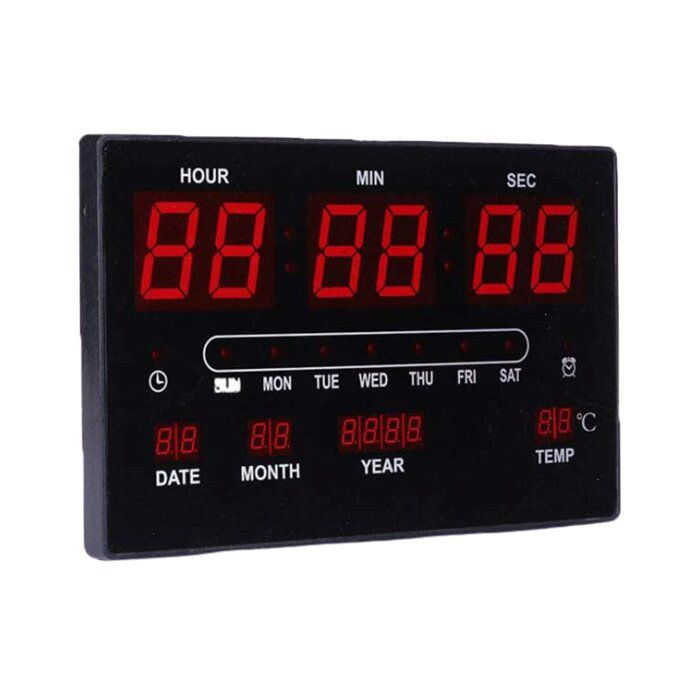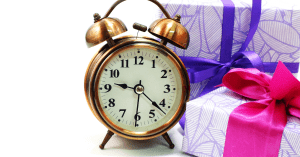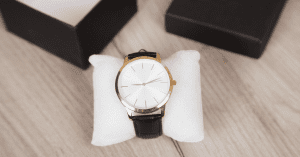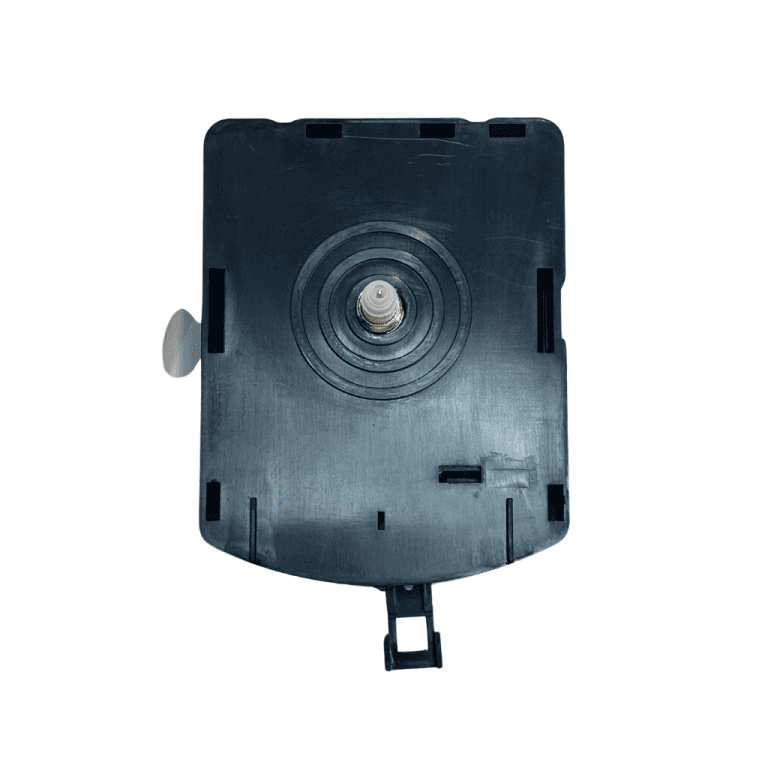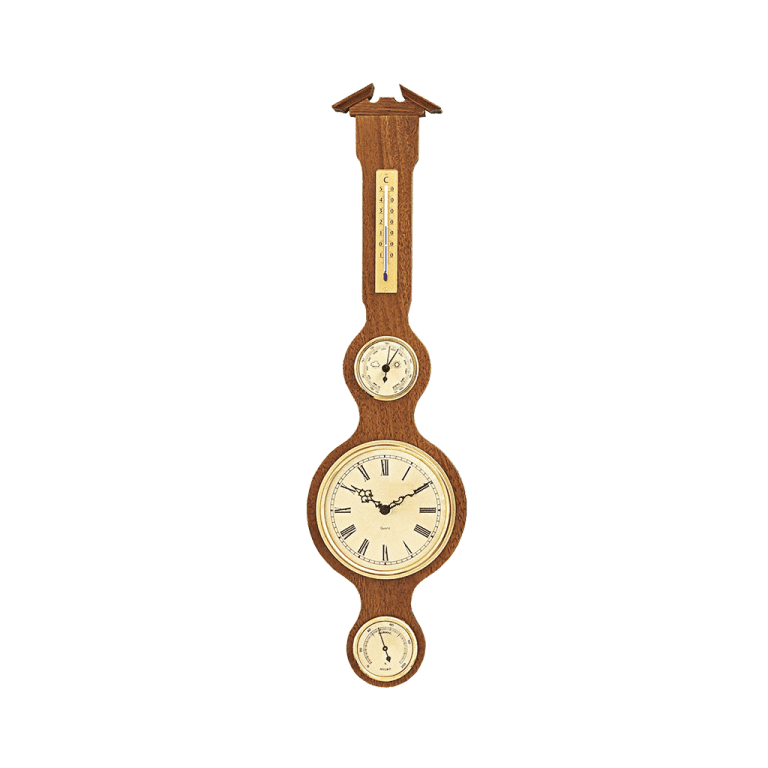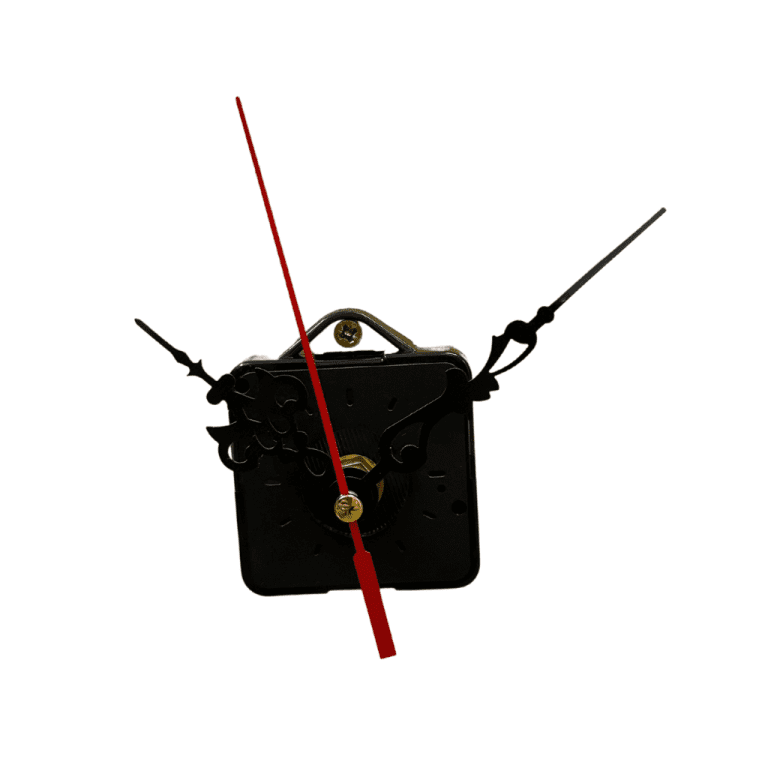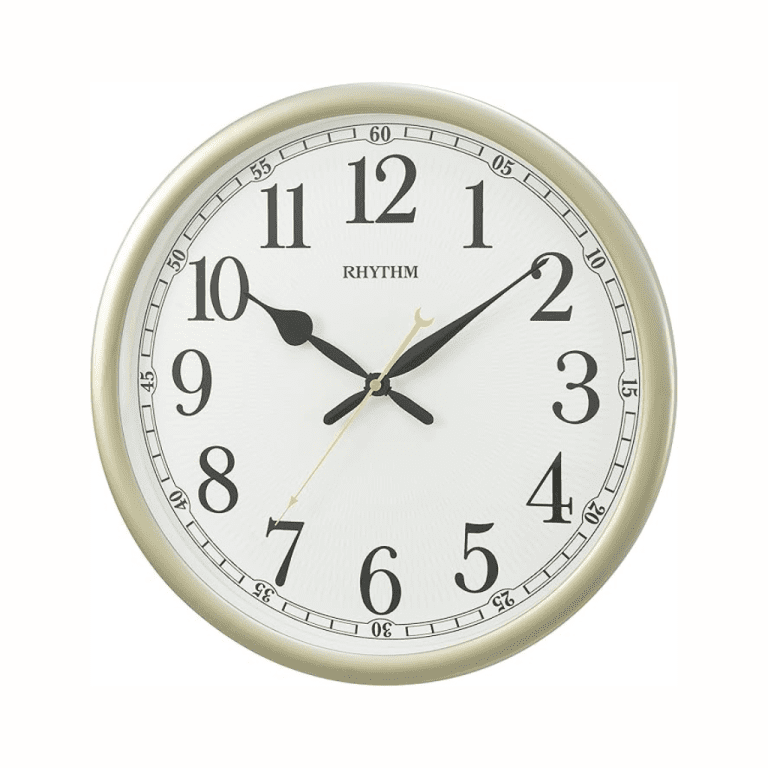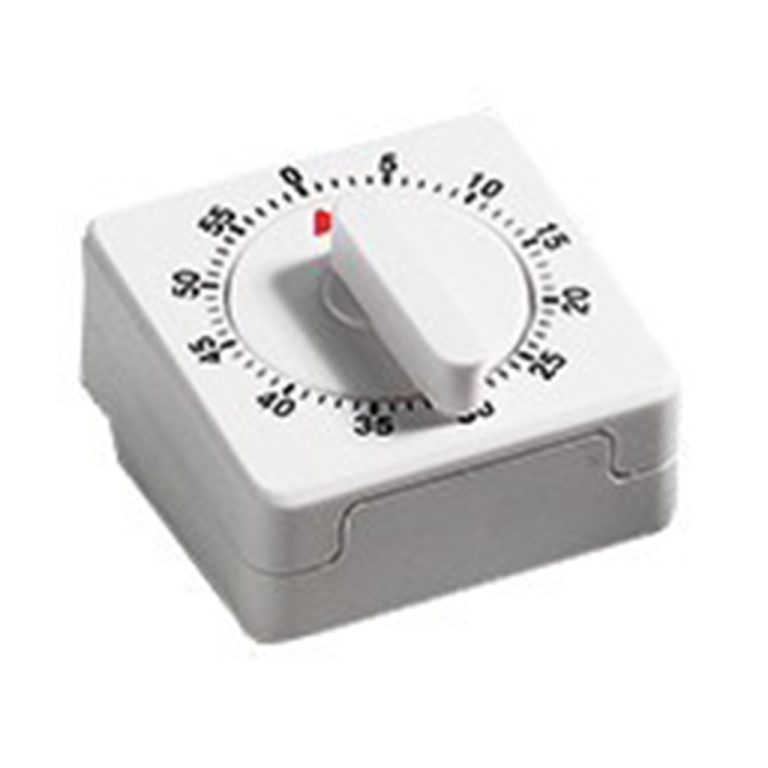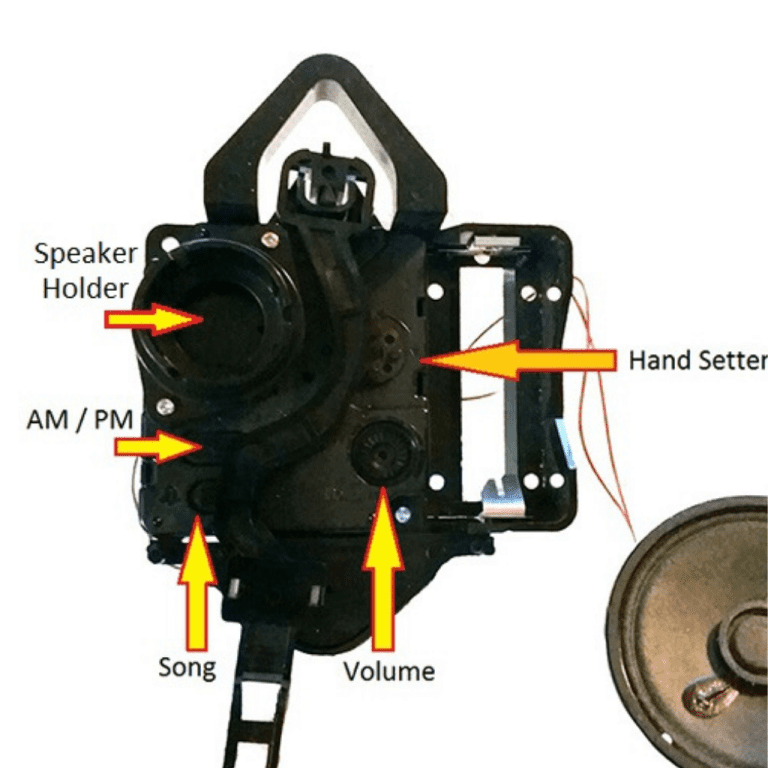The digital alarm clock is such a normal part of our modern lives that it’s unusual to take a step back and look at where they came from and who first had the idea to create a digital alarm clock.
Let’s take a quick trip through digital clock history and see why the concept has endured today.
Who Produced the First Digital Clock?
The modern battery operated digital clock owes much to the Plato clocks produced by the Ansonia Clock Company and exhibited at the St. Louis World Fair in 1904. These were spring wound clocks with numbers that flipped over as time passed.
Fast forward to 1956 and a patent filed in the US by D.E Protzmann brought forward a digital alarm clock with a bellcrank lever. They created another design and patented it in 1970 with fewer moving parts, becoming more like the digital radio alarm clock we’d recognise today.
One of the problems with digital clock history is that it’s mired in controversy – it depends on the definition of “digital” and whether forerunners deserve a place in the history of the digital clock.
How Have Digital Alarm Clocks Evolved Over Time?
Perhaps the most revolutionary development in digital clock history came with the creation of liquid crystal display (LCD) in the 1960s. The first clock using this technology was officially patented in 1970, allowing the digital alarm clock as we know it to evolve.
The growth of computer technology heralded the next steps in creating different types of digital clocks working on logic and decoding. So, the differences between 12 and 24-hour digital alarm clocks could be exploited, and humans began to rely on digital options to wake up instead of winding up an analogue clock.
Today, we’re as likely to view an online digital clock in the corner of our computer screen, but many of us still have a traditional digital radio alarm clock in the house – even if we don’t refer to it as much as we used to.
How Does a Digital Alarm Clock Work?
Digital alarm clocks moved away from the springs and gears associated with traditional alarm clocks and instead rely on electronics. They use an electronic timebase and counter which counts off the seconds, and the time is then displayed on the LCD or LED clock. A recording of an alarm sound is used when the alarm mechanism is triggered, although many digital clocks now use a digital radio alarm clock mechanism and allow us to wake up to music or news.
Did Digital Clocks Always Have Alarms?
For many people, the point of purchasing a clock was to ensure they woke when needed and were prompted to go to work when necessary. So, the development of the digital alarm clock followed the long road travelled by analogue alarm clocks – it was designed as the next step in helping the world get up on time.
Why Do Clocks Lose Time?
Most clocks lose time and even the best digital alarm clock in the world is susceptible to losing a few seconds. This is because the quartz within the clock is affected by changes in temperature among other things. This leads to a consistently incorrect time as digital clocks don’t reset themselves every day in the same way that analogue ones do. A difference of a few seconds every day can add up to hundreds of seconds over months and years.
What are the Best Digital Alarm Clocks to Buy?
Digital alarm clocks have now evolved even more, and we expect features like USB and Bluetooth connectivity, ambient sounds and even voice interaction options to fit in a modern bedroom.
Yet even if these features are too much and you just want a basic digital alarm clock, it’s worth paying a little extra for one that has a battery back up even if it’s connected to the mains – this means you won’t wake up to find you’ve missed your alarm.
Credited to: theclockstore

